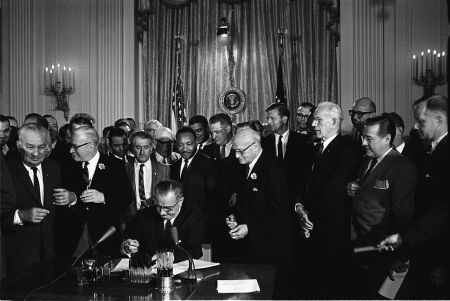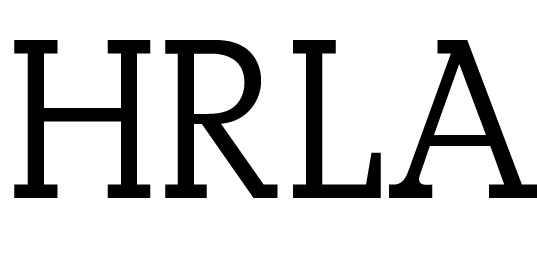10.5.14 ONLINE SEXUAL HARASSMENT PREVENTION TRAINING
A PUBLIC PERFORMANCE OF COMPLIANCE by Jennifer Doyle 1PM
Public employees working in California must complete a training program designed to educate them about sex/gender anti-discrimination law. The University of California uses an on-line platform. The user is walked through potentially harassing scenarios, and given a set of multiple choice questions exploring the employee's responsibility to the situation — e.g. "What should you do?" "Who do you tell?" At the end of each section, the user is then introduced the those aspects of the law which govern institutional responses to that situation. Many of these scenarios are grounded in actual cases.
Employees at the University of California complete these training programs every year, ususally at home, alone. This is a particularly alienating experience for those in the university community who have been failed or betrayed by campus processes.
Jennifer Doyle, a Professor of English at the University of California, Riverside, will perform her training at HRLA, and in public. Doyle is writing Campus Sex/Campus Security, a short book exploring police violence and the discourse of rape on the college campus. Like many senior feminist faculty, she also has an unfortune expertise in the issues described by the university's online sexual harassment prevention trainingprogram.
People who attend will get a rapid education in how the system thinks about its obligations to Federal anti-discrimination law. (The training can be very helpful!) We will, as we move through the program, pause to talk about the law behind this process, and also the singling out of sex (rather than race) as an object of instruction. This question is particularly interesting as the foundation for this adminsitrative ritual is Title VII of the Civil Rights Act. Students who are subjected to sex/gender harassment are "covered" by Title IX of the Higher Education Act; but employees are covered by Title VII, which bans discrimination in employment on the basis of "race, color, religion, sex and national origin." What makes sex so special?
University employees who have yet to complete their on-line training are welcome to bring own laptops and complete their obligation in community.
 July 2, 1964: President Lyndon Johnson signs the Civil Rights Act, which made sex and race discrimination illegal. The Civil Rights Act originated as anti-racist legislation; a racial segregationist amended the act, hoping that by adding sex to its scope, he would derail its passing—or at the very least, divide the government's attention (and minimize the fight against systemic racism).
July 2, 1964: President Lyndon Johnson signs the Civil Rights Act, which made sex and race discrimination illegal. The Civil Rights Act originated as anti-racist legislation; a racial segregationist amended the act, hoping that by adding sex to its scope, he would derail its passing—or at the very least, divide the government's attention (and minimize the fight against systemic racism).
 View Printer Friendly Version
View Printer Friendly Version